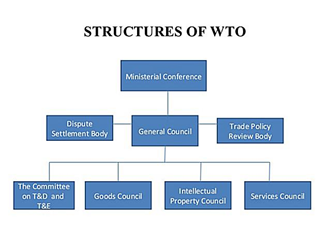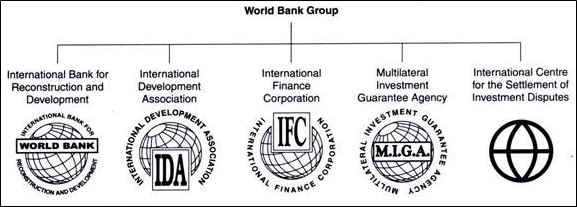Supply chain management (SCM) in the food processing sector involves the efficient coordination of activities from farm to fork, ensuring that food products are delivered in optimal condition to consumers. Effective SCM in the food processing sector is crucial for maintaining product quality, reducing costs, and ensuring customer satisfaction. It involves a comprehensive approach that integrates procurement, logistics, processing, storage, and distribution to create a seamless and efficient supply chain.
Various linkages in Food Processing Sector
1. Sourcing and Procurement
-
- Raw Material: Sourcing Ensuring a steady supply of high-quality raw materials is vital. This involves establishing relationships with reliable farmers, cooperatives, and suppliers.
- Contract Farming: Engaging in contract farming arrangements to secure raw materials at predetermined prices and quantities.
2. Transportation and Logistics
-
- Cold Chain Logistics: Essential for perishable items, cold chain logistics maintains the integrity of food products through temperature-controlled storage and transportation.
- Efficient Distribution Networks: Developing robust distribution networks to reduce transit times and ensure timely delivery of raw materials and finished products.
3. Processing and Manufacturing
-
- Integrated Processing Units: Establishing integrated processing units to streamline operations, from raw material processing to packaging.
- Technology Integration: Utilizing advanced technologies such as automation and IoT to enhance processing efficiency and traceability.
4. Quality Control and Assurance
-
- Food Safety Standards: Adhering to strict food safety and quality standards to ensure consumer safety and maintain product integrity.
- Traceability Systems: Implementing traceability systems to track products throughout the supply chain, facilitating recalls if necessary.
5. Storage and Inventory Management
-
- Warehousing Solutions: Implementing modern warehousing solutions with real-time inventory management systems to monitor stock levels and reduce wastage.
- Inventory Optimization: Balancing inventory to meet demand without overstocking, thus minimizing storage costs and spoilage.
6. Market and Distribution
-
- E-commerce Integration: Leveraging e-commerce platforms to reach a wider customer base and streamline the order fulfilment process.
- Retail Partnerships: Forming partnerships with retailers to ensure products are available in various market segments.
7. Sustainability Practices
-
- Waste Management: Adopting practices to minimize waste and promote the recycling of by-products.
- Sustainable Sourcing: Prioritizing sustainable sourcing practices to reduce environmental impact and support ethical farming practices.






